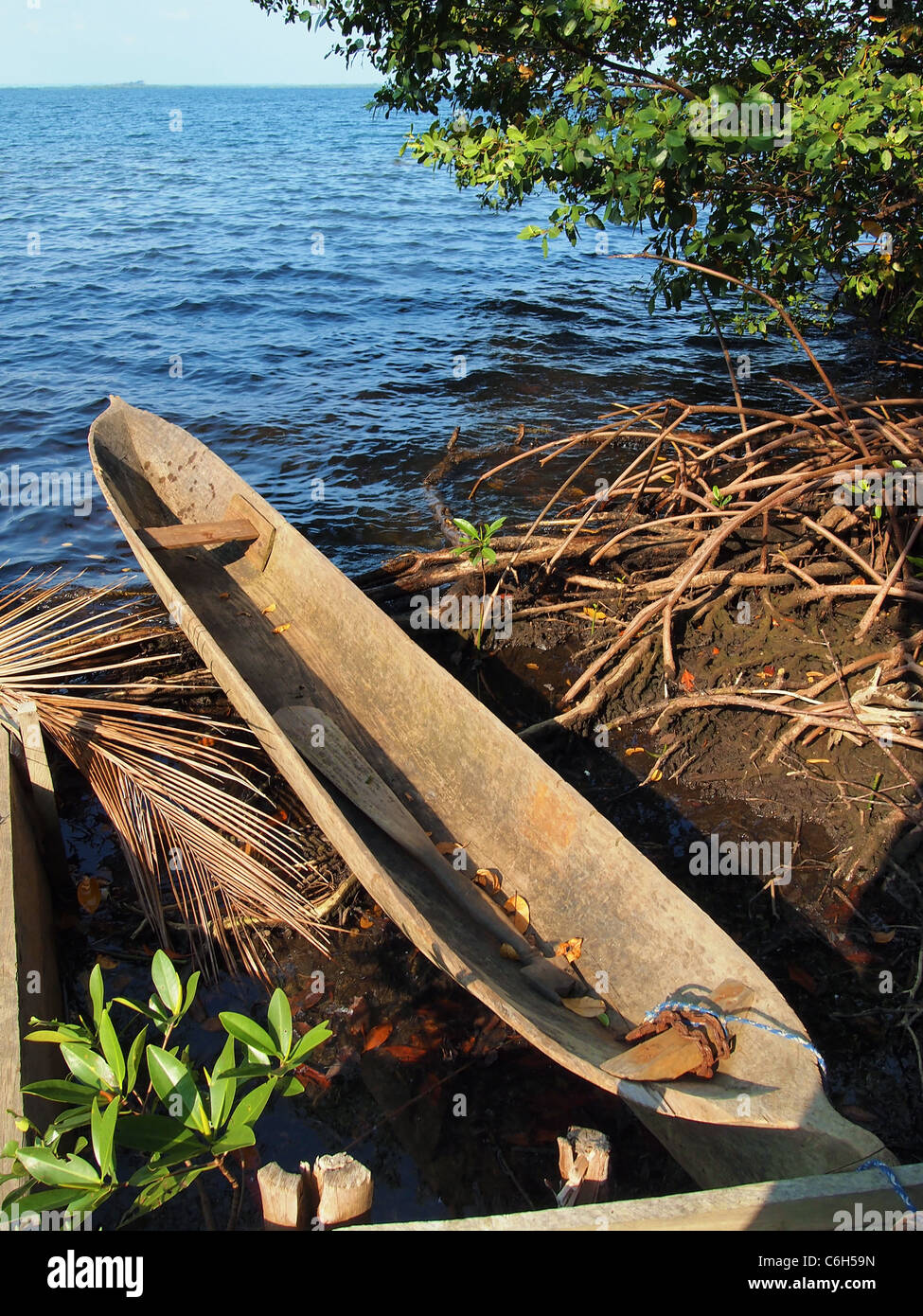
Overlanding from Namibia to Angola was completely unpredictable. All we truly understood was that this southern African nation had been a Portuguese colony for about 400 years and was caught up in a civil war that lasted for decades until 2002. To prepare for our Angola adventure, we thought we’d make our way to the border town of Rundu, Namibia, gather some local tips on reaching and navigating the nearby town of Calai…but we couldn’t find anyone who had the experience! Google Maps suggested an eight-hour detour to cross the river, and Booking.com yielded no hotel results…but this only heightened our curiosity and desire to explore Southern Angola!
Namibia-Angola Border Crossing at Calai
Crossing the footbridge spanning the Okavango River, we bid farewell to Namibia and said ola to Angola. The immigration officer communicated solely in Portuguese, so utilizing our best Portuñol pidgin, we conveyed our four-day Angola trip was for “ferias” (holiday reasons) and relished the delightful sound of a stamp landing on our passport. While we may have crossed into Angola, we had no clue about what awaited us.
A line of moto taxis beckoned us over. With no cars anywhere in sight, our only option was to hop on with a stranger and trust we were headed to the same destination. Vrrrooom, we zipped along the sandy pathways and into central Calai: two streets lined with shops, an outdoor market, a Portuguese bar…and one guesthouse!
Where to Stay in Calai
We pushed open the tall gate to the secured Tchingwali Guesthouse, and we were delighted to discover a tropical garden, a full-service restaurant, and comfortable rooms complete with AC and en-suite bathrooms for just $16. Who would have thought?! As vegans who didn’t speak Portuguese, it was somewhat challenging to determine the best plant-based options. Maize porridge serves as the foundation for most meals in Southern Africa, going by various names (pap, ugali, funge, etc.) and is often made thick enough to scoop up with the accompanying vegetables and meat. We ordered funge, enjoying it with sides of wild spinach with peanuts and tenderly cooked beans. After finishing our meal, we ordered another round of Cuca beer, simply because we appreciated the local tradition of cerveja accompanied by a bottle opener delivered in a wicker basket.
Government Permission to Explore
We recognized that Calai wasn’t a typical tourist hotspot, but given the renowned Okavango River, we anticipated some aquatic adventures ahead. We inquired at our guesthouse about arranging a boat trip, and they responded, “Nowhere we know of, perhaps ask by the dock.” They omitted the detail that the “dock” was actually a naval base, which wasn’t particularly welcoming to uninvited guests.
After conversing with several officers and facing a barrage of questions (“Are you attempting to cross back to Namibia? Why do you wish to canoe if you aren’t fishing? Are you proficient swimmers? Be advised the river is inhabited by crocodiles, yes?”), they eventually warmed up to our plan of undertaking a dugout canoe expedition with a local fisherman…and they even wanted a selfie to capture our adventure!
Dugout Canoeing the Okavango River
Wearing the fire department’s life vests, we joined Segunda for his inaugural experience in guiding on the river. He had never carried passengers in his canoe before but knew the river intimately and introduced us to playful eddies, stunning islands, and places where hippos concealed themselves. We rewarded him generously and shared (the most delicious!) malasada donuts to commemorate what could become a new chapter in his waterman career. To support this, we connected him with the Tchingwali Guesthouse staff, so they could send future guests on an Okavango canoe journey alongside the lovely Segunda!
Road Tripping Southern Angola
Next, we set out to organize a road trip to discover more of Angola! There were only a few non-governmental vehicles in town, and fortunately, the best truck was parked at our guesthouse. Taking a chance, we approached the vehicle owner, Peter, asking if he’d be inclined to show us the Southern Angola countryside. This unexpected inquiry was met with a greater offer to accompany him the next day on his 120km journey to Dirico, with a stop to meet one of the queens of the Cuando-Cubango province! He cautioned us of a long day and a rugged road ahead, but to us, it sounded like a marvelous opportunity. We embarked on a thrilling ride down a one-lane highway, built by the Portuguese a century earlier and covered with deep sand and thick foliage. Through the walls of bushes, we caught fleeting glimpses of the formidable Okavango River, the occasional clustering of mud-thatch huts, and fields of pearl millet creating a picturesque drive.
Visiting with the Queen of Mutango